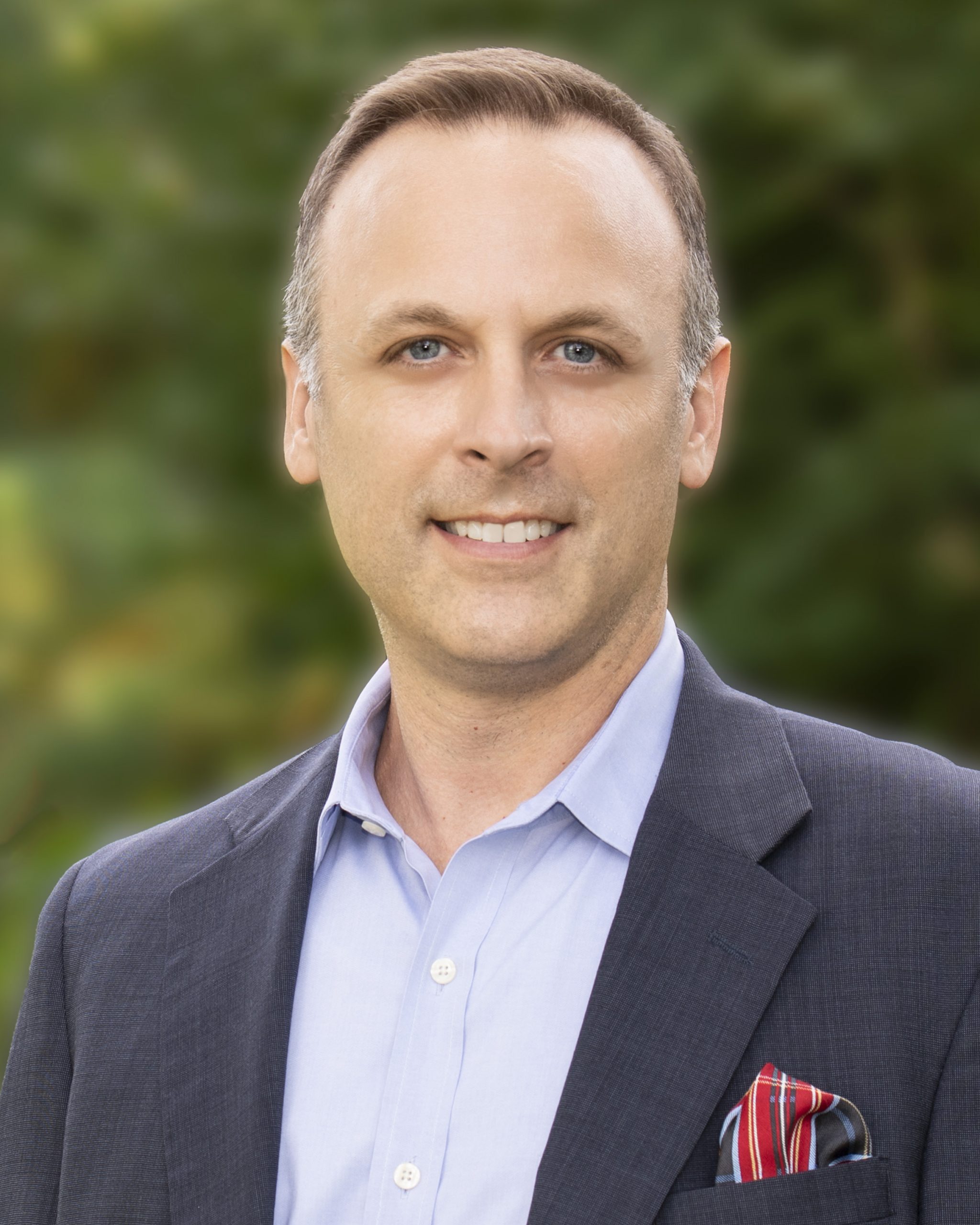Wisdom and guidance from a veteran senior living industry communicator
Michael Smith, head of corporate communications for Acts Retirement-Life Communities, shares industry challenges and how he uses messaging to create more uplifting narratives.

Working in senior living is not for everyone.
But it suits Michael Smith just fine. For 15 years, he’s served in various communications roles for Pennsylvania-based Acts Retirement-Life Communities, one of the nation’s foremost senior living providers. Now head of corporate communications for the company, he’s using his influence to shed light on an industry that’s often misunderstood and portrayed in a negative light.
Here’s what he had to say in a recent exchange:
Ragan: How did you end up in communications and in your current role?
Smith: I’ve spent the majority of my career in the senior living industry leading corporate communications, public relations, and reputation management activity for Acts Retirement-Life Communities. I’ve always had an affinity for seniors starting at a young age and having a close relationship with my grandparents and older relatives. Perhaps that was foretelling of my future career in the senior living space.

Michael Smith
Ragan: How your team is handling internal comms amid the ongoing pandemic?
Smith: I work with an amazing team of communications professionals, and we place great emphasis on internal communications. The pandemic necessitated the importance of ongoing communications to our geographically dispersed staff in nine states. As such, we enhanced our communications capabilities across the organization to better serve our workforce using our internal employee portal, virtual meetings, leadership video addresses, digital newsletters and written communications. In a world of uncertainty and unknowns, our communications has been a source of certainty and trust on which our employees relied.
Ragan: What advice would you give comms pros to help them remain relevant in a post-pandemic landscape?
Smith: Without a doubt the pandemic underscored the importance of strong, consistent and transparent communications—and using video technology in particular to reach internal and external constituents.
While it’s important to know how to use the latest communication tools to reach your stakeholders, the fundamentals of strategic thinking, relationship building, and strong verbal and writing skills will always remain a core aspect of the work we do in this profession.
Ragan: How can communicators get a better seat at the decision-making table right now?
Smith: Leveraging communications as a strategic business driver requires understanding the priorities of the business. From there it’s showing how communications can advance and, in many cases, drive those initiatives.
In today’s landscape, to earn relevance you must embrace data and metrics across paid, earned, shared and owned media to measure the impact of communications initiatives to the business.
Ragan: What are some tips you have for measuring communications success or progress?
Smith: Communications has a stake in nearly every aspect of business. To solidify communications as a value creator, make sure to link communications and PR efforts with larger business goals.
For example, connect impressions, clicks, and mentions to broader business goals like brand visibility, stakeholder engagement and reputation.
Ragan: How can communicators counter negative news coverage or dispel stereotypes about your company or industry?
Smith: As a communications professional working in the senior living industry, I have the responsibility to help change the image of senior living and aging services, an industry fraught with stereotypes and misperceptions. There’s a disconnect between perception and reality. There are fantastic senior living options like the Acts communities where seniors enjoy independent, active lifestyles and continue to thrive as they age.
Industry surveys consistently indicate that people who move into a senior living community say they wish they had done so sooner. Being active on the media front for stories about the merits of senior living has helped distinguish our product and brand.
Ragan: How have you overcome obstacles to your work in the senior living industry?
Smith: Overall, the general narrative around aging services seems to have a negative connotation that is perpetuated by the media, lawmakers and entertainment industry. Too often senior housing is perceived as healthcare facilities instead of positive lifestyle choices for successful aging. We have to get this message out in more consistent and compelling ways as an industry. We partner with organizations like LeadingAge to show a positive and realistic image of older adults and community living.
Ragan: What are some trends you suggest other communicators get out ahead of?
Smith: Companies should have a sense of how their brand is being perceived by consumers and other stakeholders. While you can’t control what is being said about you, you can track and participate in these conversations through monitoring and social media listening tools to identify issues, answer questions, correct misinformation, and shape the narrative around your brand.
Ragan: What platforms, content types and technology do you prioritize right now?
Smith: We are in essence our own senior living media company, leveraging multimedia content to promote our communities, services and brand. We’ve prioritized video across all levels of the company, from PR and social media to internal communications like executive addresses and highlighting business initiatives.
Ragan: How can communicators do a better job of engaging remote or hybrid workers right now, and how do you keep morale high?
Smith: The pandemic has certainly changed traditional workplace norms. Remote work or flexibility on some level is likely here to stay, but it hasn’t stopped the need for frequent communication with team members. Whether in person or virtually, it’s important to stay connected and maintain a collaborative environment where everyone feels engaged and makes contributions.
Ragan: What mistakes would you advise younger communicators to avoid?
Smith: Never stop learning and honing your craft. Keep building those relationships. Know your business and industry inside out.
If you’re an experienced internal comms practitioner who’d like participate in a “Secrets of Success” interview, please email robbyb@ragan.com.







